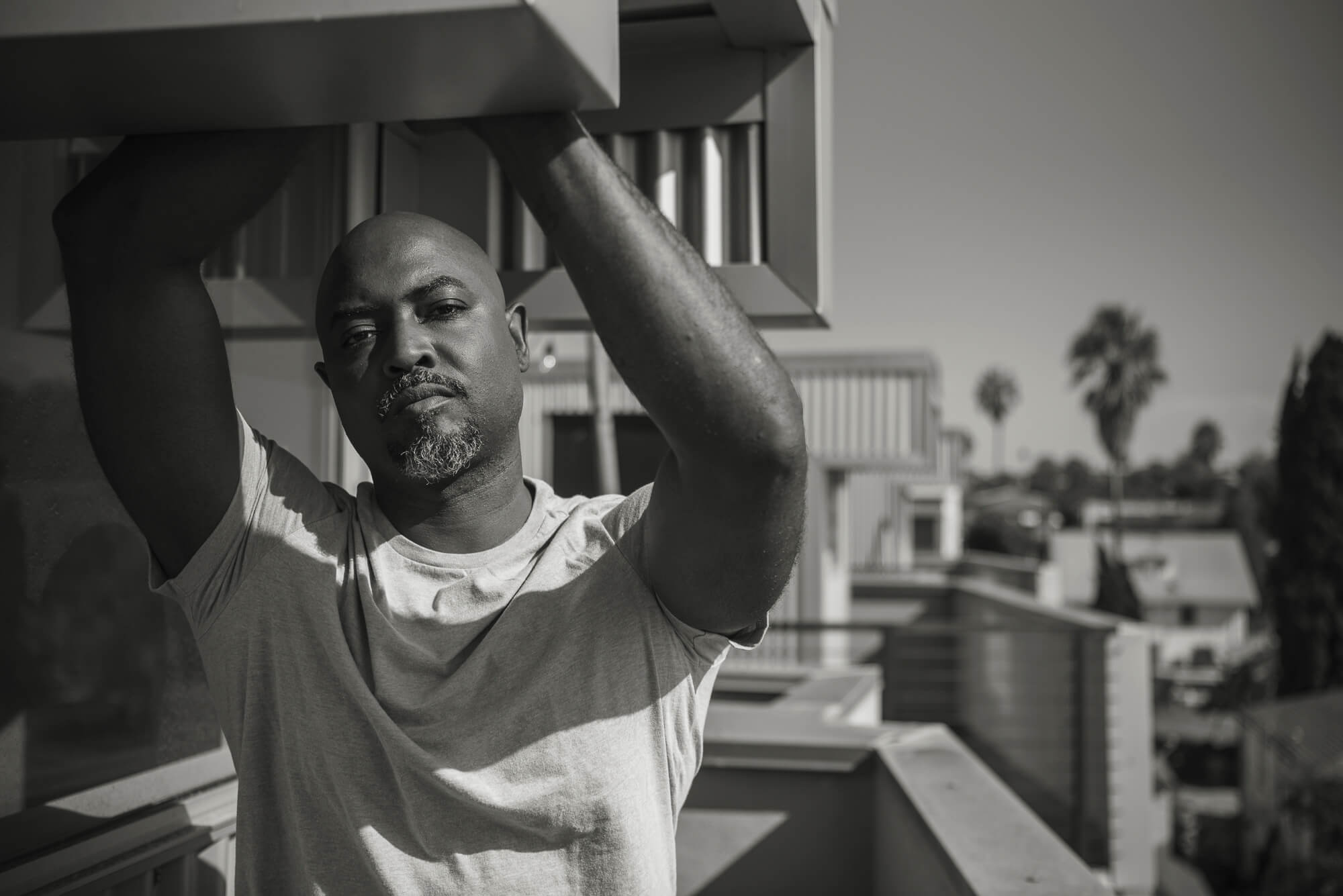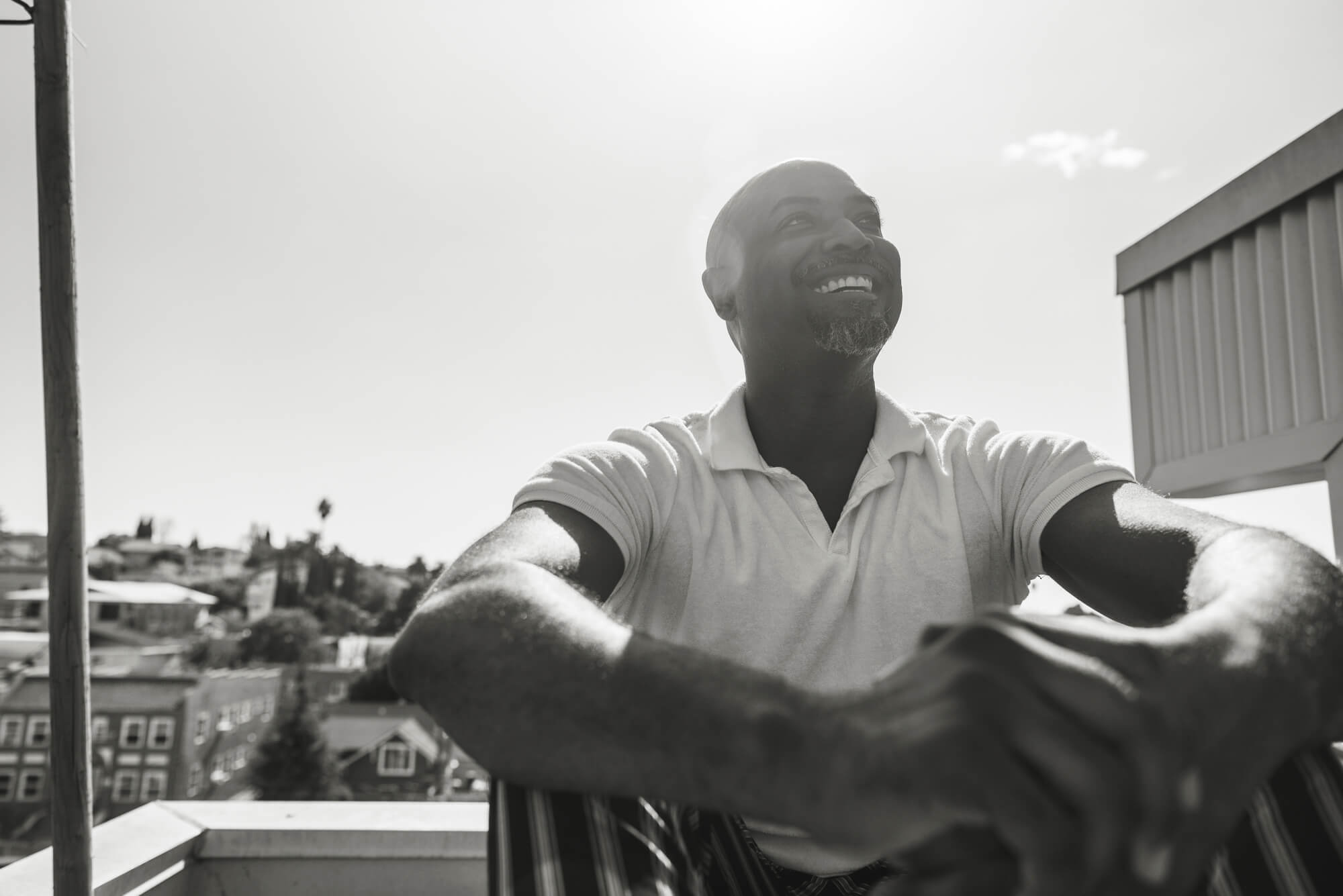The last few years have turned policing on its head. Now the cop procedural, a staple of television schedules for decades, needs to follow.
Shattered by a series of high-profile deaths at hands of police, trust in officers by the communities they are paid to protect is on the floor. Cops are under more scrutiny than ever, in particular surrounding matters of race. And there are initiatives underway to address the inequality engrained into the system — some finding success, others not. Meanwhile, working class, inner-city neighborhoods are under pressure from other socioeconomic threats, like gentrification and rising living costs.
So this is the turbulent scene that co-creater Mike Flynn and his team have entered in the new CBS cop show ‘East New York’, and the result is a nicely balanced series that delves a little deeper than the typical network police procedural.
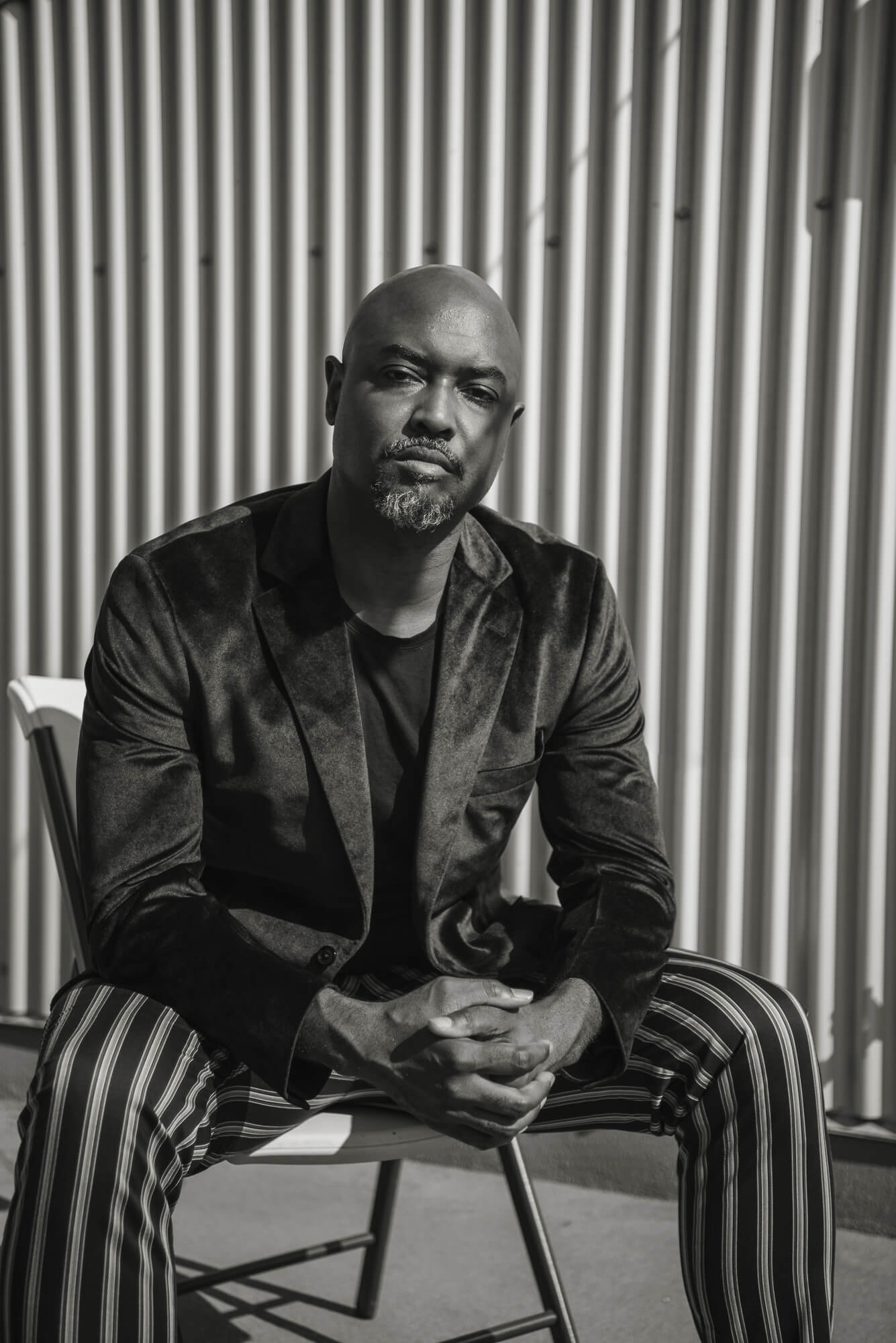
The show has a taste of classic cop show ‘NYPD Blue’ (Flynn’s co-creator, William Finkelstein, served as executive producer on that series towards the end of its 12-year run). And the first few minutes of the ‘East New York’ pilot features our hero Regina Haywood, the new boss of the 74th Precinct in eastern Brooklyn, in a nerve-jangling pursuit of an armed killer up a creepy stairwell onto a rooftop overlooking New York. So devotees of the popular genre get plenty of familiar comfort food.
But alongside these recognizable scenes, the creators have a new story to tell. Haywood, pushing for reform on the streets and in her office, wants to reestablish trust in the force by having the officers live in the community where they work — an idea inspired by Flynn reading the real-life story of a group of cops from Rockford, Illinois, who increased connection and lowered crime by moving into properties on their patch. Meanwhile, the new Black deputy inspector also navigates threats from within the force, where she faces accusations of being a “diversity hire.”
‘East New York’ is a proud moment for Flynn, born in Brooklyn and raised in Atlanta, Georgia, who has worked his way up through the world of television, from an intern to becoming the co-creator, co-showrunner, and executive producer of one of the freshest new dramas on network TV. And the future looks bright for the show, which debuted with more than seven million viewers for the pilot, the largest audience of all the new network shows kicking off their fall season in recent weeks.
Tell me a little about your own upbringing, and how you developed your interest in storytelling.
I was born in Brooklyn, and raised in Atlanta, Georgia, where I went to high school and played football. I never knew that I wanted to be a writer, but I would take to the page and write short stories when I was bored, which came from a sense of wanting to be productive with my time. I was always influenced by the cop shows that my mom watched, which were ‘NYPD Blue’, ‘New York Undercover’, and ‘Homicide: Life on the Street’. So those stories were embedded in me early on. I then went to school in San Diego State and studied film and TV production and minored in English, and that’s where I put my foot on the pedal and decided that I wanted to dive into storytelling. And harken back to my days as a kid, I found the most joy was just getting stuff down on paper, creating characters, and drawing from my experiences, so that led me down this writing path. I interned at a bunch of places, then got hired as a production assistant and used that to build relationships, and then landed with a team of three showrunners — Josh Appelbaum, André Nemec and Scott Rosenberg — who took me under their wing. They hired me as their assistant, and then gave me my first professional writing credit on the ABC show ‘Life on Mars’, which was a lovely spin on the cop drama.
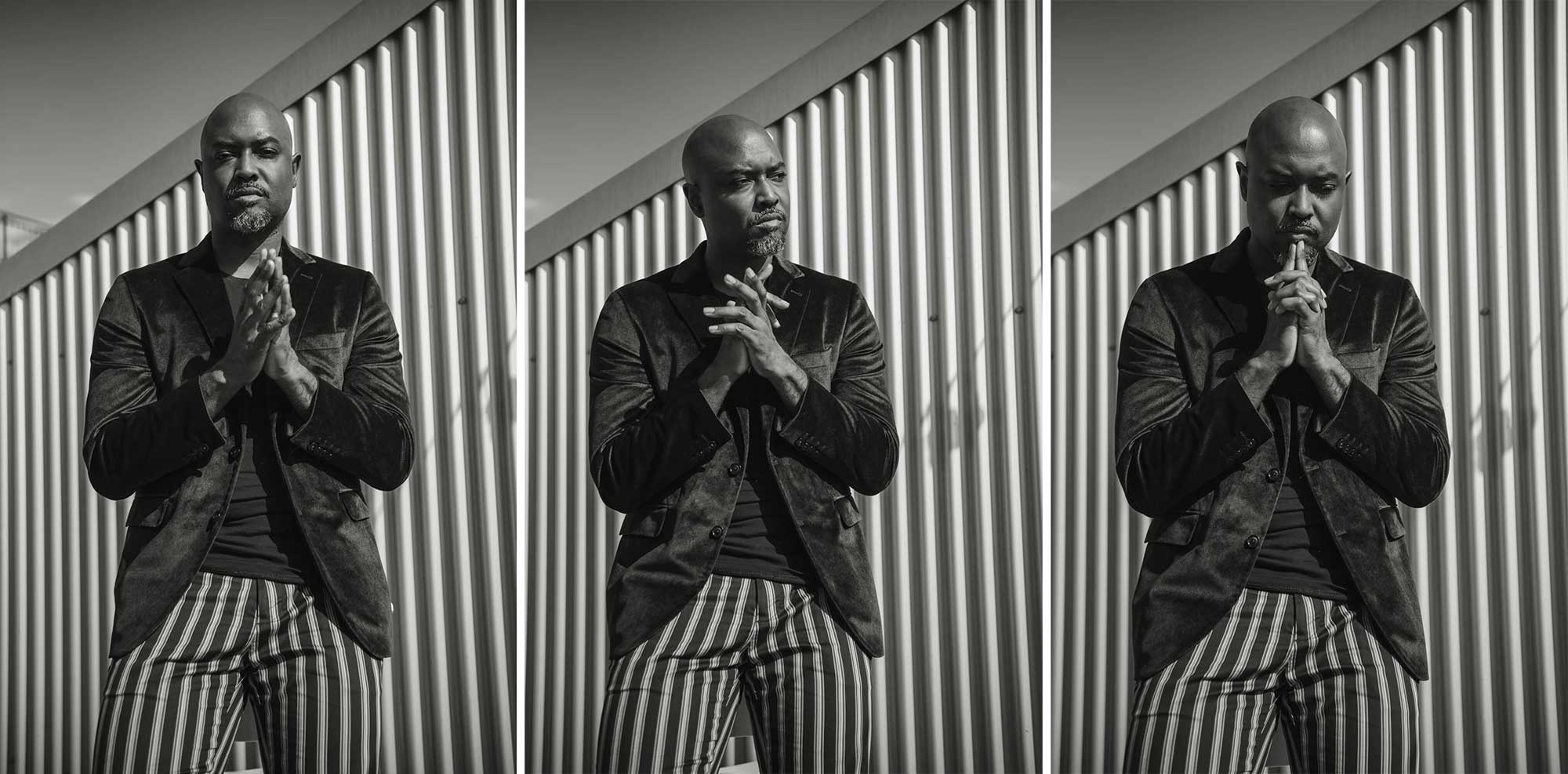
So what about ‘East New York’, which is one of the first new cop shows of this new era we are in now, following the uprising against the police that has occurred over the last few years. What was your thought process regarding how this show needed to be different, compared to some of the shows you mentioned your mom watching when you were growing up?
That’s a great question. Building a cop show in 2022, we had to consider what has transpired over the last few years. There’s a certain weight that the police carry going into their jobs everyday; they’re under a more powerful microscope, there are more viral videos, there are more media outlets, there are more people talking about them. So I think we had to consider all of that to tell the stories that we are telling.
We also wanted to get the perspective from different cops, how are they looking at society, and the job they have to do. This script really changed over the course of the last few years that we were developing it, because of how the world was changing. We’re still in the aftermath of everything that we’ve just witnessed, and are telling this story from our perspective of living in 2022. If we told this story in another 10 years, it would be a completely different story. It’s a delicate and sensitive moment in time, and we’re reflecting that as best as we can.
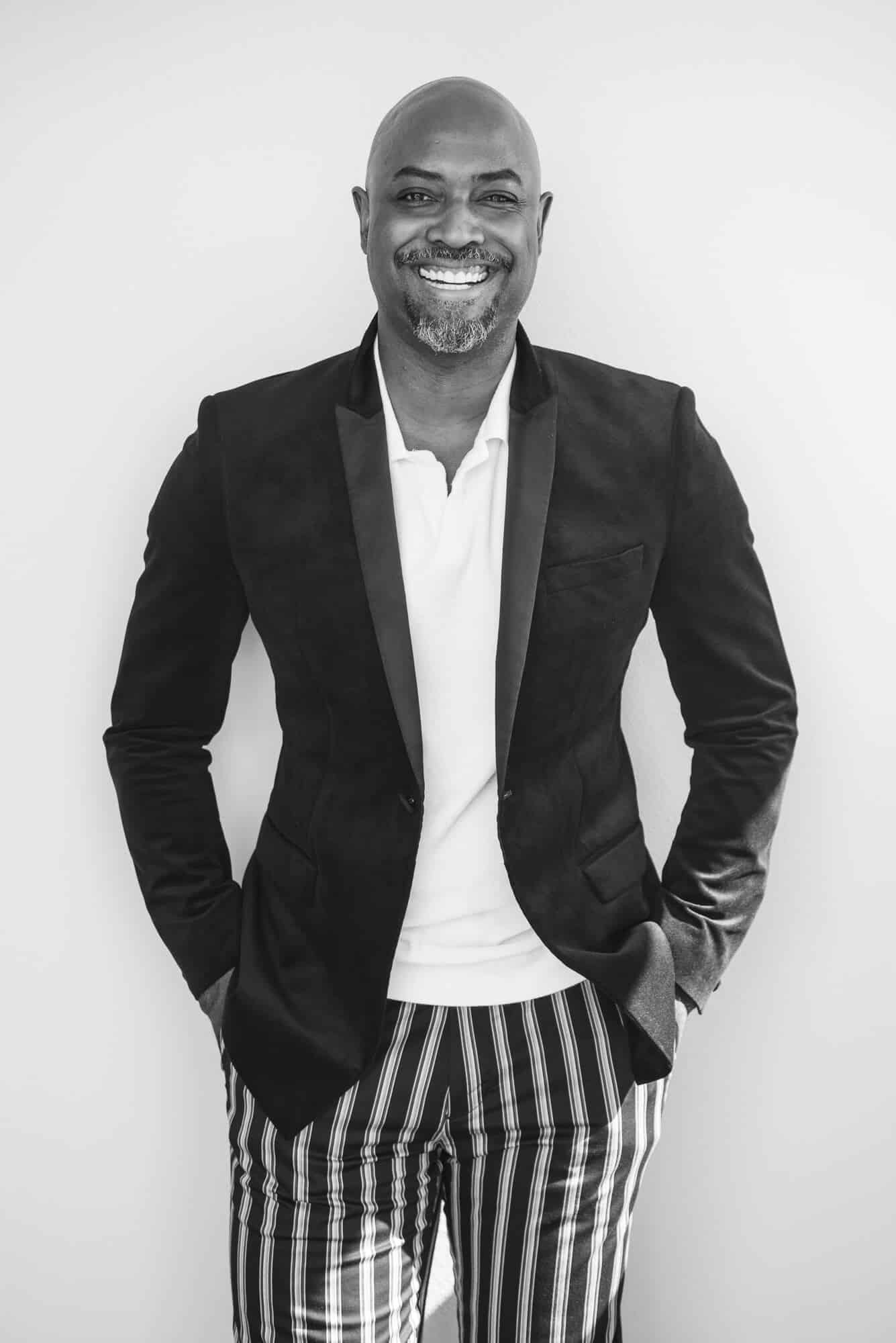
It feels like part of what you’re trying to portray in this show is that, despite the protests of the last couple of years which have been entirely justified, we shouldn’t lose sight of the fact that there are some good cops out there. Was that something that was at the forefront of your mind?
Yeah, absolutely. We really wanted to see how someone in our main character Regina Haywood’s position proceeds to try to be a better cop, and lead cops to create a better police force. We wanted to portray police officers who were trying to do good, but at the same time have all of these different elements flying at them; the bureaucracy, and the different policies that have been put in place, or are being stripped away.
When I first got my driver’s license, one of the first things my mom told me was how to react if you get pulled over by the police. It was always, ‘Keep your hands 10 o’clock and two o’clock on the wheel at all times.’ That was just a Black mother speaking from experience, and raising a black son, specifically in Atlanta, Georgia. But cops have their job to do, and until you’re in their shoes you can’t entirely understand the situation they are in.
In the pilot, there are these whispers that Regina Haywood is a ‘diversity hire’. What are your thoughts on the challenges facing a Black person, and in this case a Black woman, in a senior position in the police?
In the case of Regina Haywood, we do have a detective with that [diversity hire] mindset. But in reality, she could have chosen any precinct, and she chose this one. And by having a woman like Regina Haywood in this position, it does a lot for the community she is serving, as they see somebody in a position of power who looks like them, has lived in the neighborhood, and has family in the neighborhood. She’s going to tell it like it is, and no-one is going to tell her otherwise.
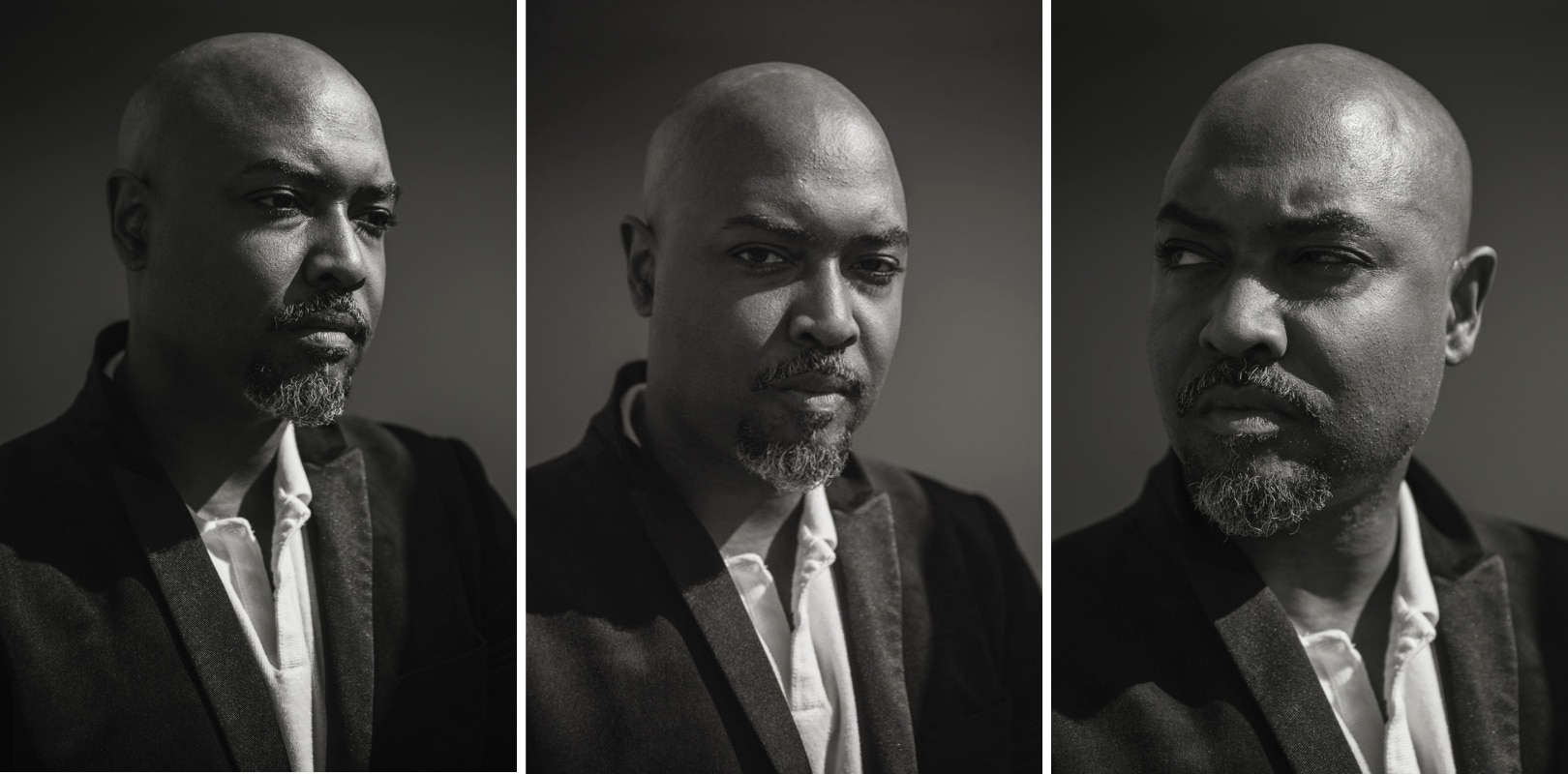
What research did you do in the East New York area while you were making the show, and what reaction have you had from those who live in this neighborhood since?
My father lived in Brownsville, in East New York, for more than ten years. And we’ve walked the streets, done a lot of reading, talked to a number of people, and have taken stories about the everyday people that live there, and the issues that they are facing. But there’s also been this immediate pushback that you’re going to get from a community when they see a show called ‘East New York’, and they didn’t feel involved in that process. I didn’t want anyone to feel left out, like we were portraying them without consulting them. But we tried to talk to as many people as we could, who were willing to talk to us. We have writers who are from the area as well, to try to get a sense of all the different perspectives as we are building our stories.
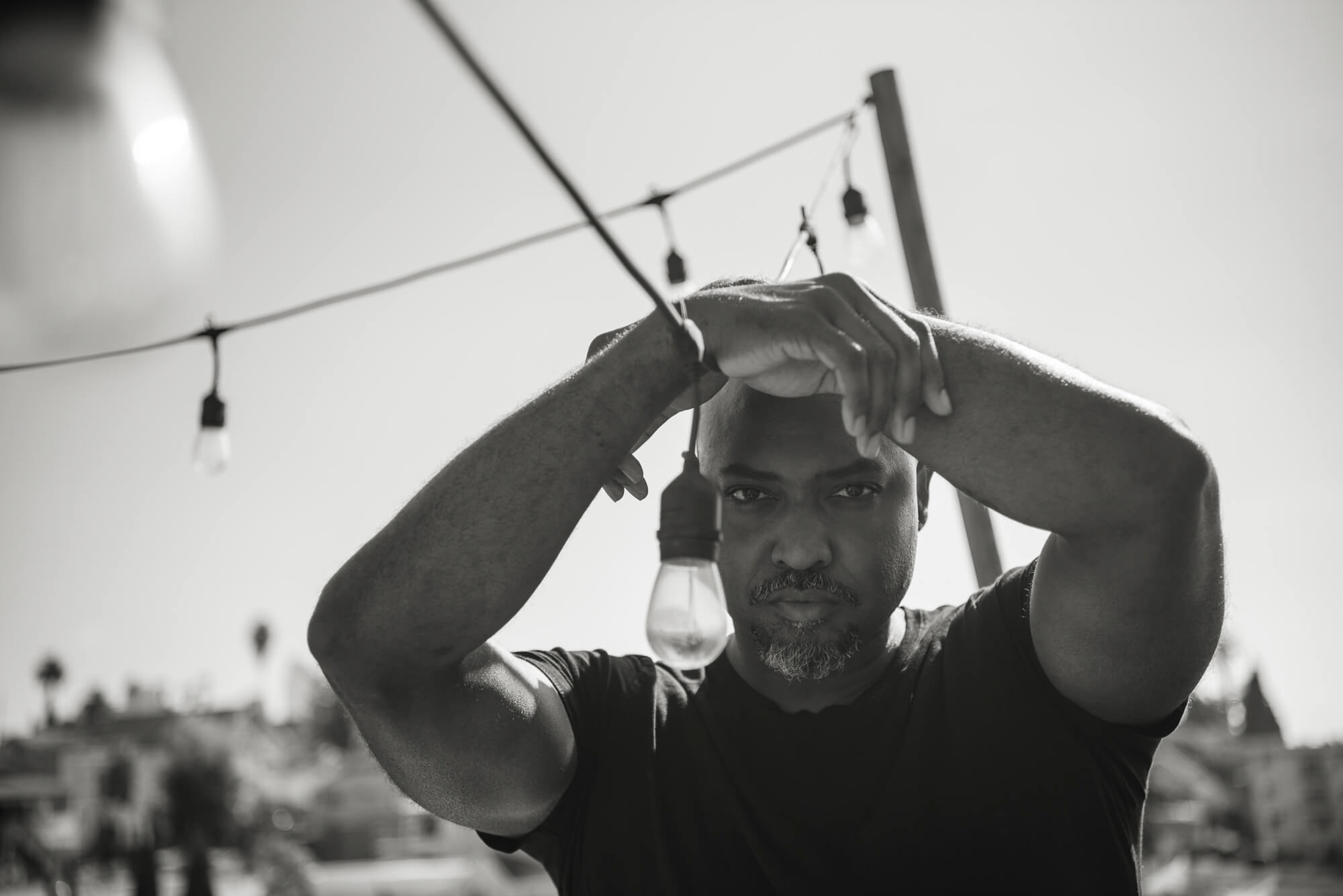
What about the diversity in your own industry, are you seeing more different voices in the writers’ rooms in recent years?
When I first started out, we were certainly in the minority in those rooms. But as I continued on with my career, you started to see more creators of color get into these positions, gaining that power, and then filling the rooms with more diverse voices. People from different backgrounds, who can speak to certain experiences, can put more authentic words into the mouths of the characters we are portraying on screen. It’s important to have that diversity behind the camera just as much as in front of the camera. That’s very important to me. We have definitely made that a priority when staffing our show, and I think we have a well-rounded room.
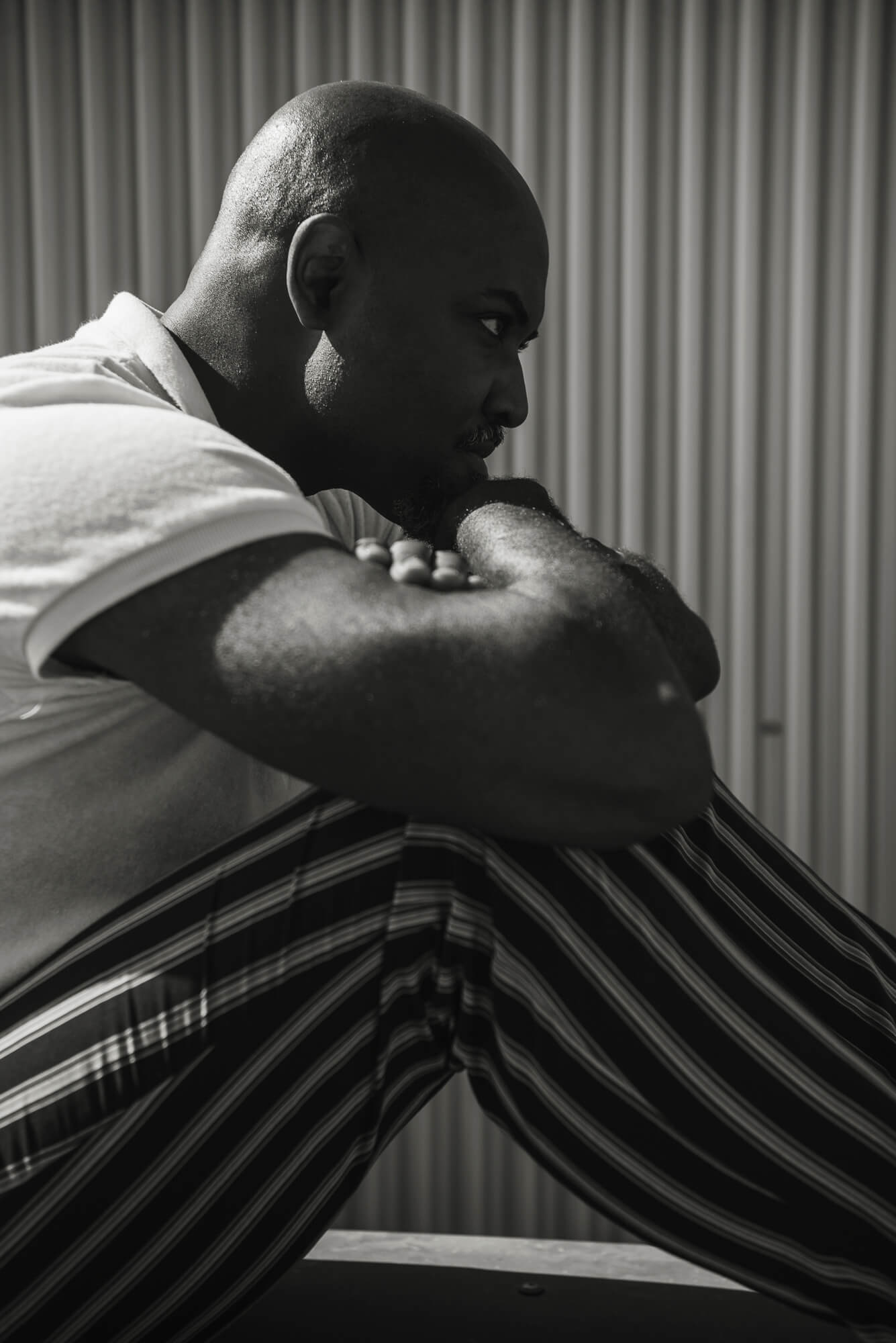
And to finish, I’m interested in whether you have an intern now you’re giving an opportunity to, like you were given an opportunity by the ‘Life on Mars’ guys?
Absolutely. I’m always paying it forward. My assistant is a young Black woman from California, she’s a writer too, and I try to pull as many people as I can along with me, and help them to open doors so they can do their thing.
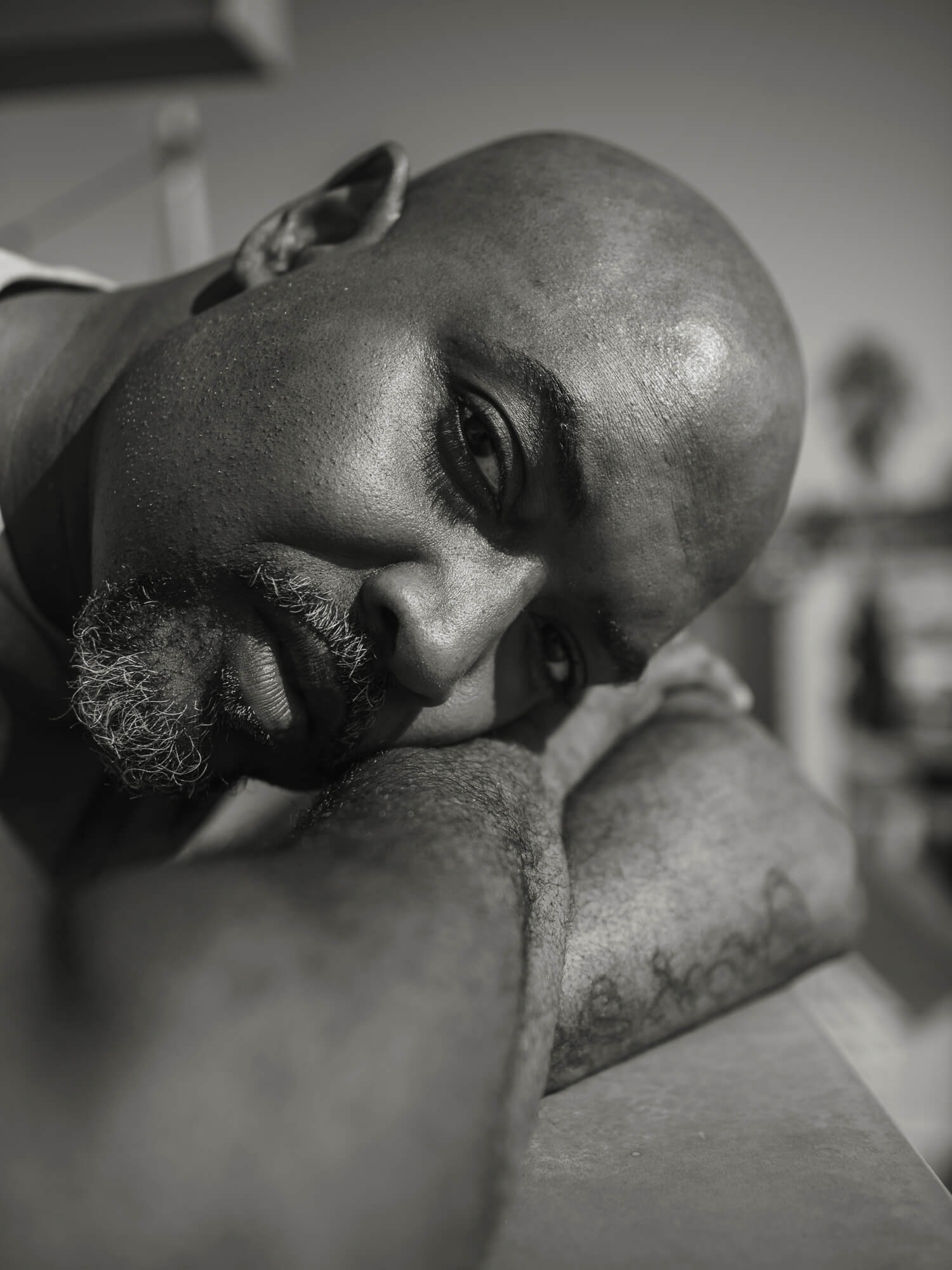
Sophia Porter for Exclusive Artists using Danessa Myricks


